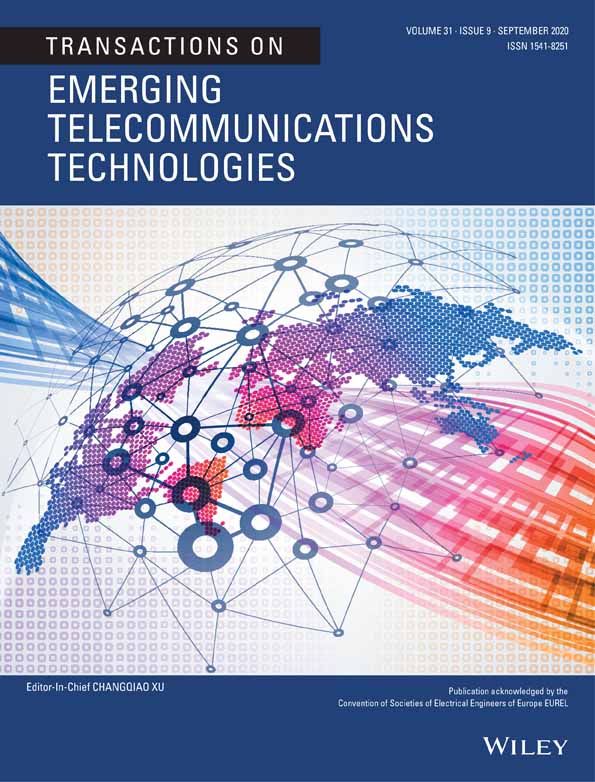A reliable nonfeedback transmission mechanism for asymmetric channels based on machine learning
Funding information: Fundamental Research Funds for the Central Universities, 18CX02134A; 18CX02137A; 19CX05003A-4; National Natural Science Foundation of China, 61972417; Science and Technology Service Network Plan (STS plan) of Chinese Academy of Sciences: Technological Breakthrough and System Demonstration of Intelligent Facility Agricultural Equipment, KFJ-STS-ZDTP-074
Abstract
Cross-technology communication (CTC) enables data communication between heterogeneous wireless devices, which becomes the focus of current research. Due to the difference of communication distance, the transmission mode of the heterogeneous devices is mostly one-hop transmission and multihop return. The mechanism of ensuring reliable transmission by sending ACK (ACKnowledge character) leads to longer transmission delays in asymmetric channels, especially for the ZigBee networks with low duty cycle. To solve this problem, this article proposes a new nonfeedback mechanism to reduce the communication delay on asymmetry channel. Through the method of fitting error, the random forest algorithm is improved, so that the training model can predict the current packet loss rate by judging channel conditions, receiver position, payload and other factors, so that the transmitter can accurately calculate the number of packets to be sent. The experimental results show that the loss rate predicted by this algorithm makes the transmission reliability be as high as 99.78%. Compared with the existing CTC technologies such as WeBee and NetCTC, the nonfeedback transmission mechanism put forward by us improves the transmission efficiency by 91.39% and 24.15%. The results show that the proposed mechanism greatly reduces transmission delay and improves channel utilization.




